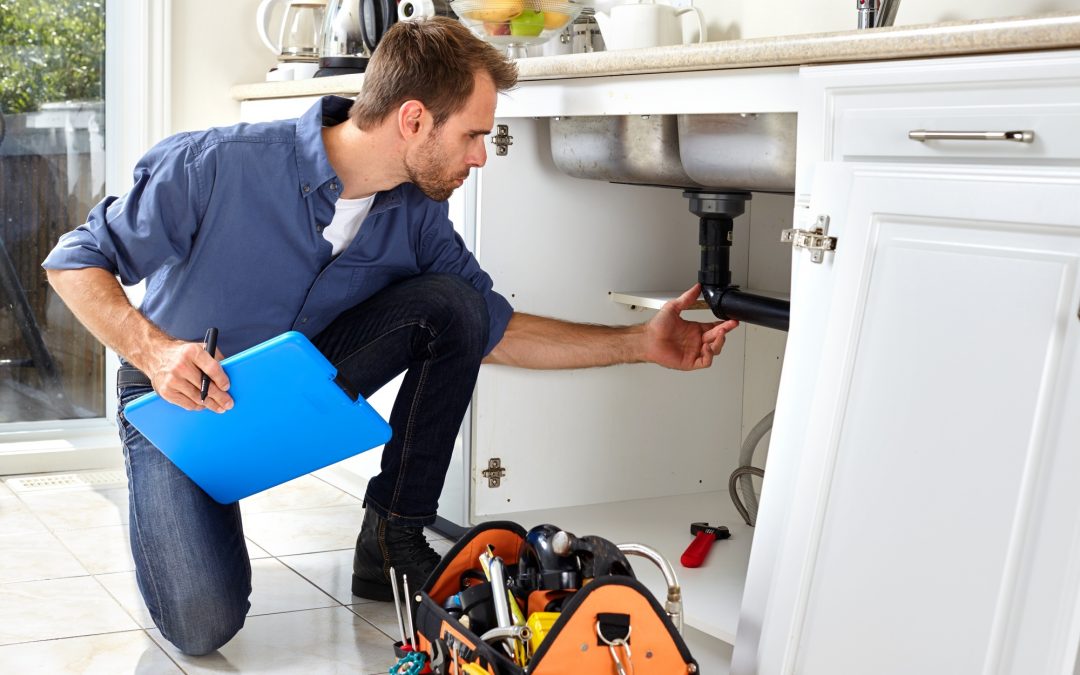You’ve put in the effort and finally found it. The home you’ve been searching for.
But, buying a home is a huge commitment. That kind of investment comes with a bit of anxiety. And a hefty price tag.
The average home in the US costs more than $360,000. Would you want to invest that kind of money in a bum deal?
Of course not!
You’ll want to be sure it’s safe and in good working condition before you buy it. It’s in your best interest to have the home inspected, first.
Though, you need to understand. The seller isn’t required to repair every little problem. Only those things that are important to the structure and safety of the home.
So, what fixes are mandatory after a home inspection? Let’s find out.
Why Do You Need a Home Inspection?
Before we get into it, I want you to understand why a home inspection is so important.
Sure, it’s a typical thing expected by your lender. It’s hard to get funding on homes that have structural or health and safety concerns.
Your inspector will look at key areas that show signs of problems. So, you use your home inspection to negotiate for those repairs with the seller.
But, it’s not only a negotiation tool. It’s a planning tool, too.
The inspector will do a visual inspection of every part of the home. They can help you look at how long the roof will last. Or, the age of the hot water heater.
So, a home inspection can prepare you for future maintenance costs. That information is a valuable budgeting tool. Especially if any of those repairs are coming sooner than later.
Get the most value out of your home inspection. Be there when the inspection takes place.
You’ll have plenty of questions for the inspector. And, they are happy to explain!
What Fixes Are Mandatory After a Home Inspection?
Let’s get into what you really want to know. What can you expect the seller to fix? Well, only a few of the things your inspector is likely to find.
Here are the mandatory fixes that must get repaired to close on the home.
Structural Defects
These are the things that affect the building’s structure. Any defects could cause the building to fall down or cave in. Structural defects are mandatory repairs to sell the home.
The foundations that support the home are one of those. In this case, the inspector likely found doors and windows do not close as they should. Or, the floor appears to sink in places.
Some cracks in the walls aren’t a major concern. Unless they extend from the windows and doors. That could mean a foundation problem.
Joints that don’t align, are missing bolts, or lean pose another structural concern. Your inspector will take a look at those in the attic to see if they show signs of failure.
Building Code Violations
Does the new house have an addition? How about a finished basement or a deck?
Someone built those rooms and structures after the home’s construction. And they need proper permits.
The inspector will look at these additions along with the rest of the house. But, the seller will also need to produce the permits. They prove the builders followed building codes to build those additions.
Other code violations may include the number of allowable structures on the property. Or, whether they’re built the proper distance from the property boundaries. These are specific to the area where the home’s located.
Remember, building codes for each state, county, and city vary. So, you need a home inspector that’s familiar with local requirements.
Health and Safety Problems
Here’s where your home inspection pays off. You’ll know for sure if the house is safe for people to live in. It gives you the peace of mind you need to move your family in.
So, what’s a health and safety problem that might hold up closing? Here’s a list of the most common findings.
- Ungrounded Outlets or Switches
- Mold or Infestations
- Water Flow/Draining Issues
- Plumbing or Septic Malfunctions
- Lead Paint
- Peeling Exterior Paint
- Leaking Roof
- Electrical Shorts or Bare Wires
This is not a full list, only the most common findings. Anything that could threaten the health and safety of people must get fixed.
What’s Not Required?
Anything cosmetic, or components showing wear but are still functional.
That’s not to say you can’t ask for them. But, you’ll need to negotiate those repairs with the seller. They’re not required to fix them to sell the home.
Remember, the inspection is not a list of things to grill the homeowner over. It’s a picture of the health of the home. To be sure you and your family will live a safe and healthy life while in it.
What Happens Next?
After the inspection, you and the seller will both have access to the report. Any mandatory fixes will need to get repaired to close on the home. Especially, if you are taking out a loan.
So, who pays? Well, the seller usually fronts the cash for the mandatory repairs.
But, it doesn’t mean the deal is over if they’re not willing to pay. If you really want the home, you can pay to repair them yourself.
Either way, talk with your realtor to figure out if the home is worth pursuing after the inspection. They know all your options and have great advice for you to consider.
Home Inspections Help!
A home inspection isn’t only a box to check in the closing process. It’s a vital part of the process that reveals unseen problems with the home. Take advantage of the information!
And, now you know what fixes are mandatory after a home inspection. You can come to the table ready to negotiate. So, get your home inspection scheduled right away!
Looking for a trustworthy home inspector in the Northeast Ohio area? We can help. Schedule an appointment, today.

